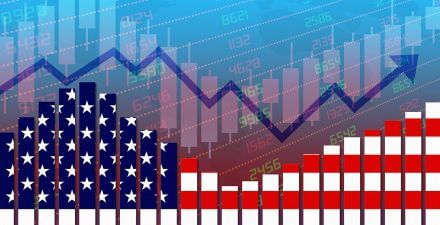The coronavirus pandemic and subsequent recession exposed deep fragilities in the economy, one rife with historically high levels of economic inequality, structural racial inequities, and a porous social safety net. These fragilities continue to exacerbate the economic insecurities caused by decades of declining public investment in infrastructure and people.
That underinvestment perpetuates widespread systemic racism and gender inequities, and leaves the United States unprepared to meet the needs of millions of families and workers. In contrast, the top end of the income and wealth distribution are well-prepared to withstand economic shocks while maintaining and growing their financial assets, and inequality remains even more pronounced.
The U.S. economy isn’t an abstract system—it’s a direct result of the choices that policymakers make. The tools exist to support strong, stable, and broadly shared growth while addressing underlying structural issues, including racial and gender inequities, climate change, and the need for 21st century care infrastructure.
A growing body of research provides a framework for how the federal government can make choices to fully support workers, families, and businesses. The Washington Center for Equitable Growth is producing resources to connect the policymaking community with the most cutting-edge evidence to create a path for an equitable economy.








